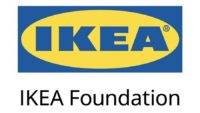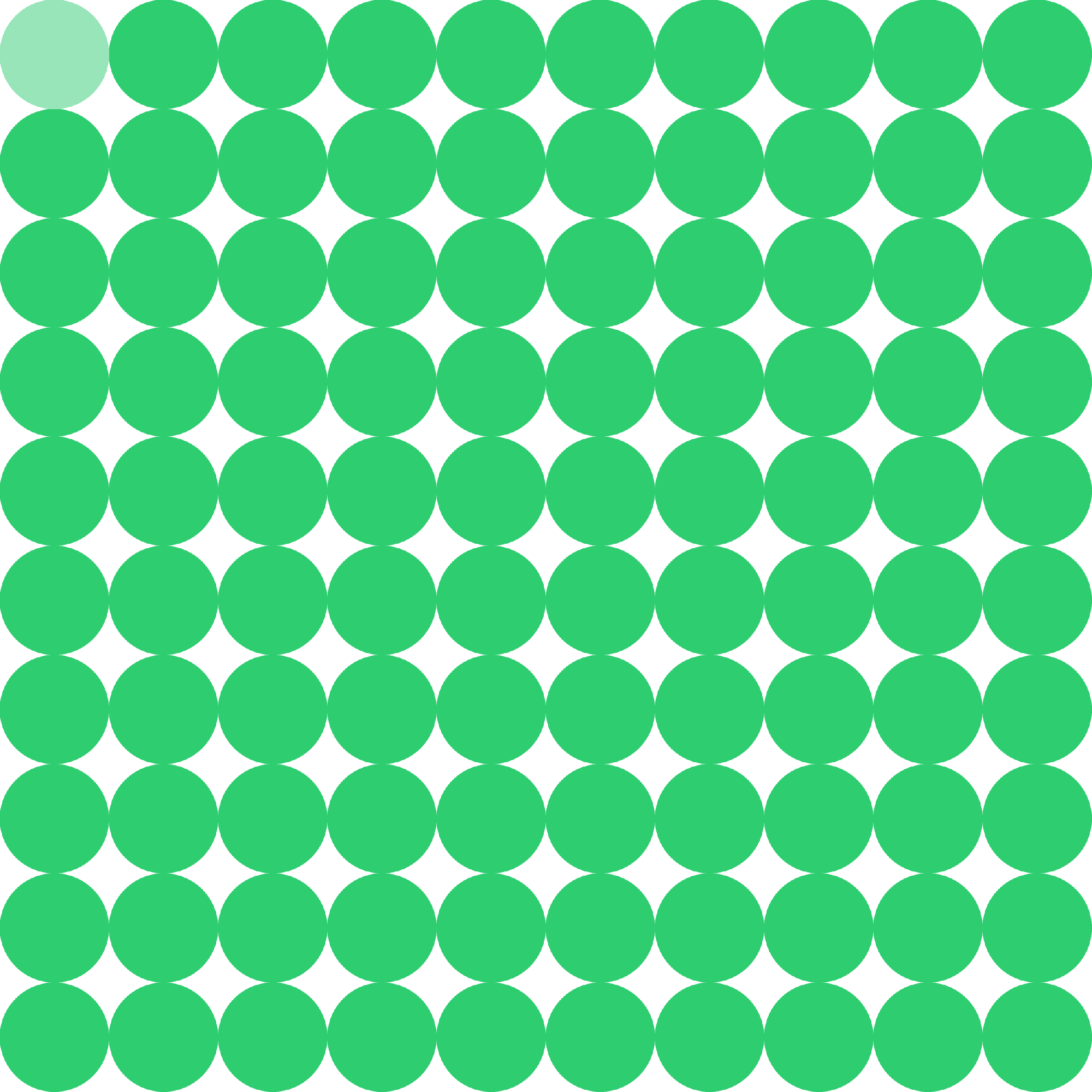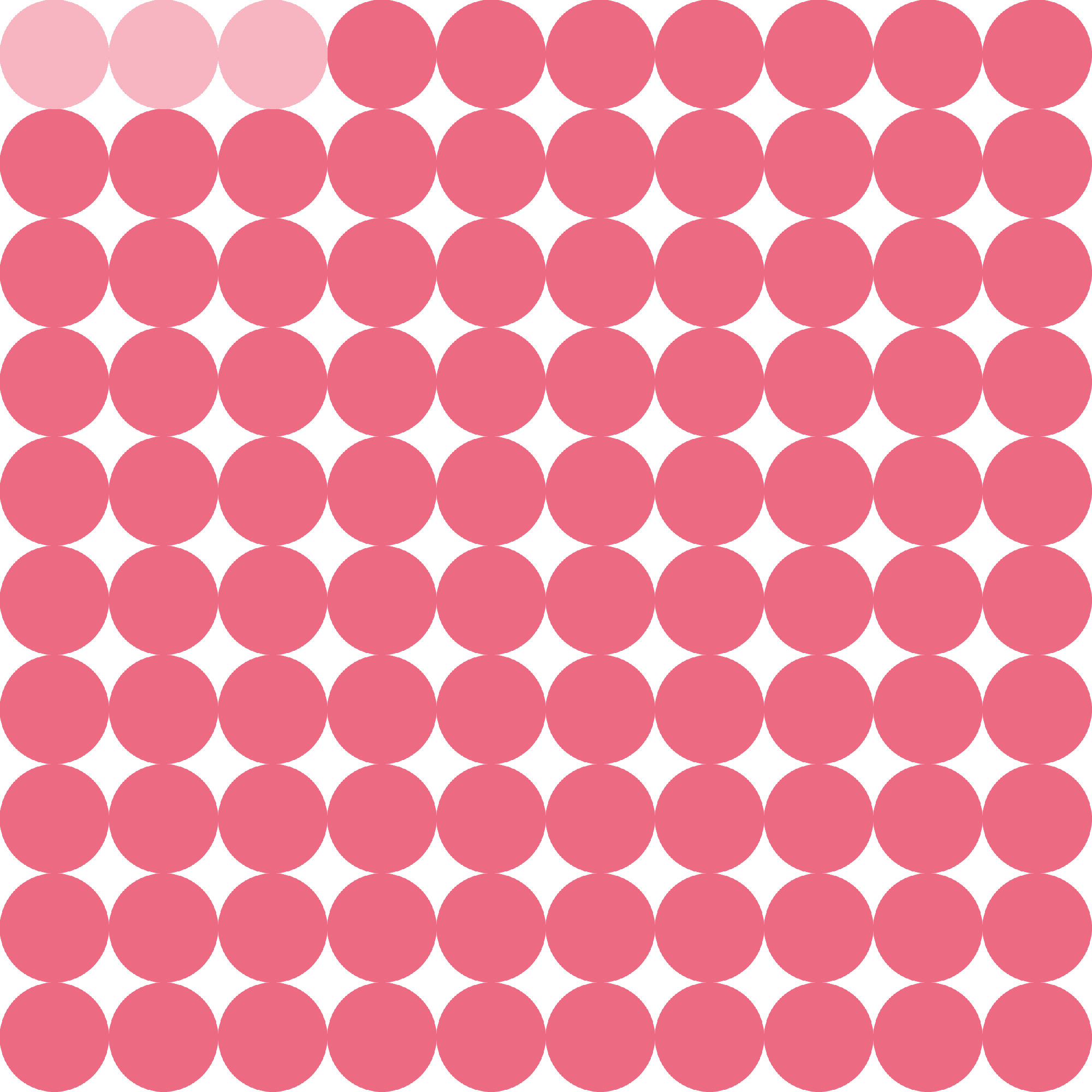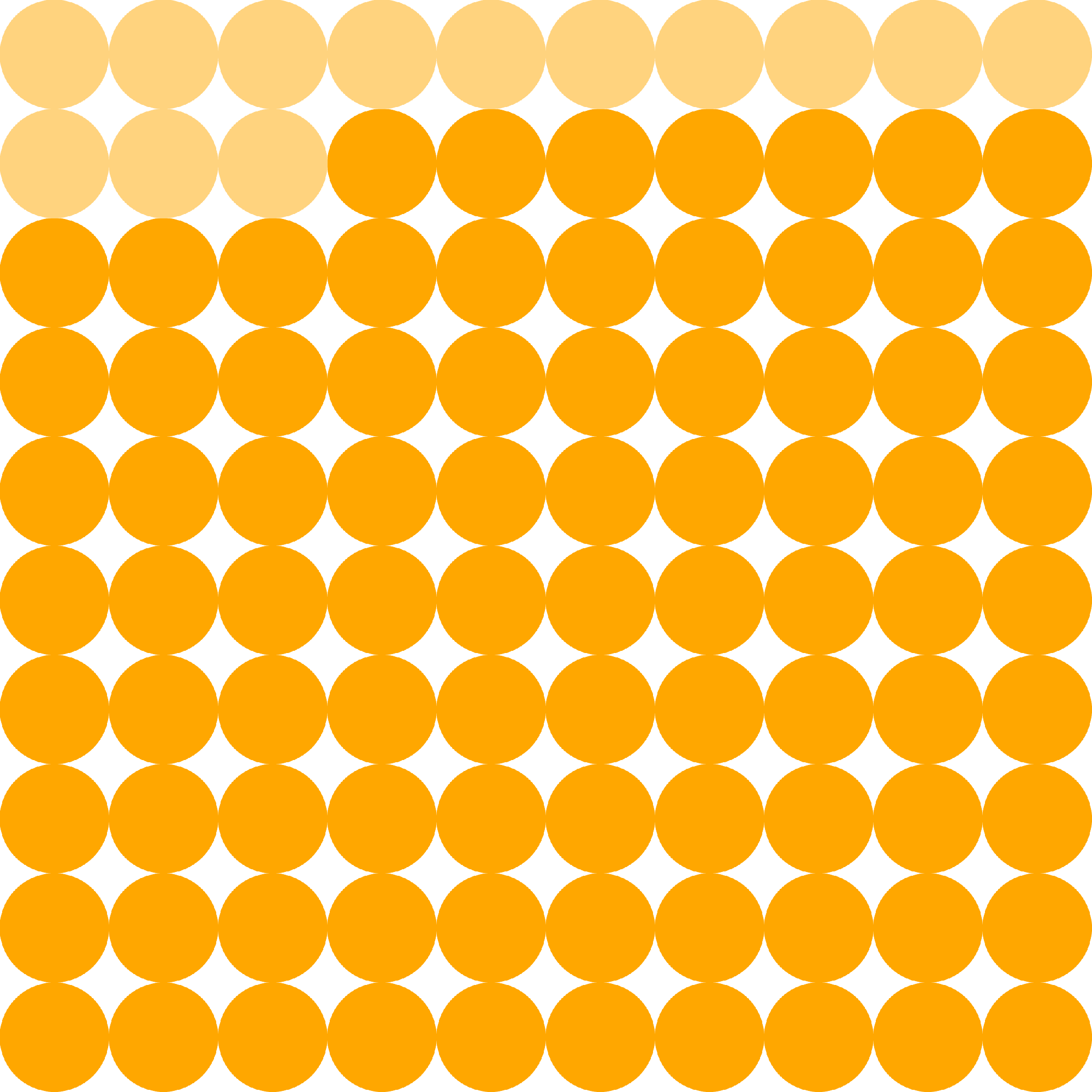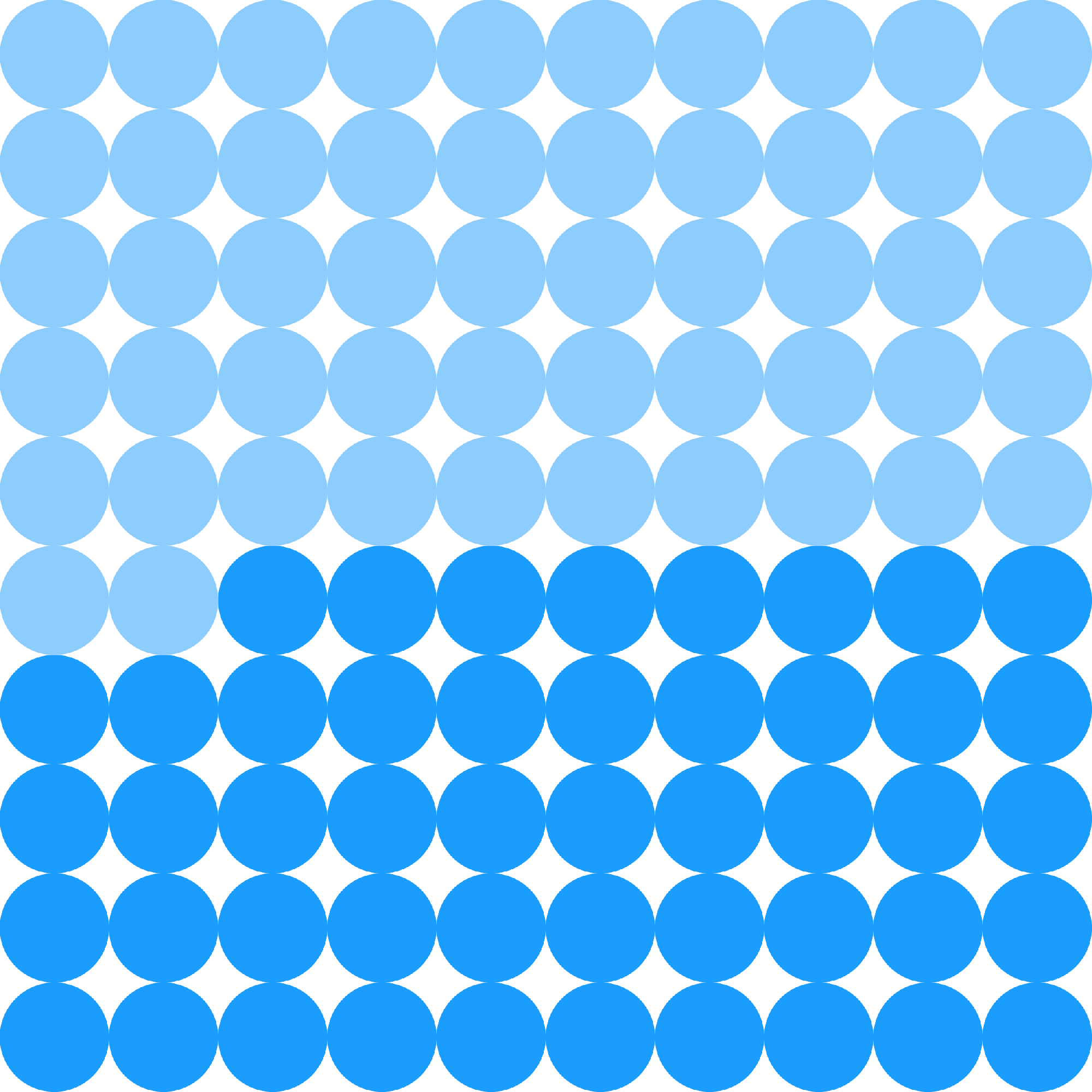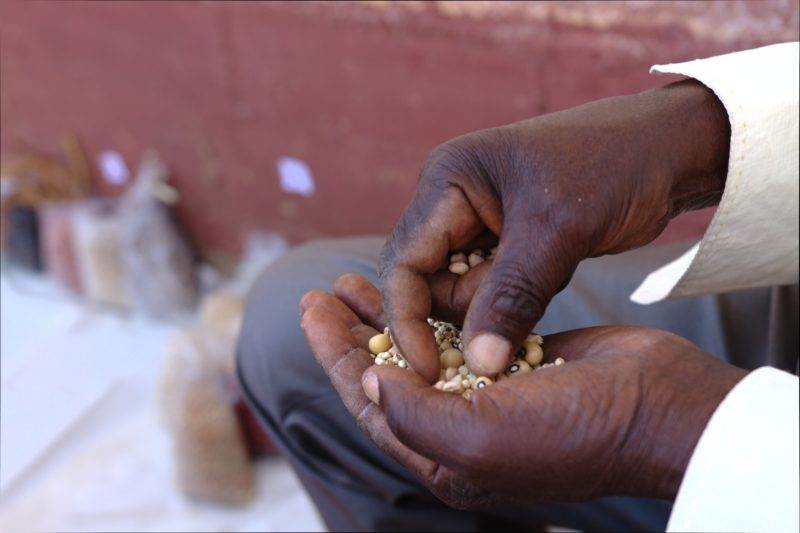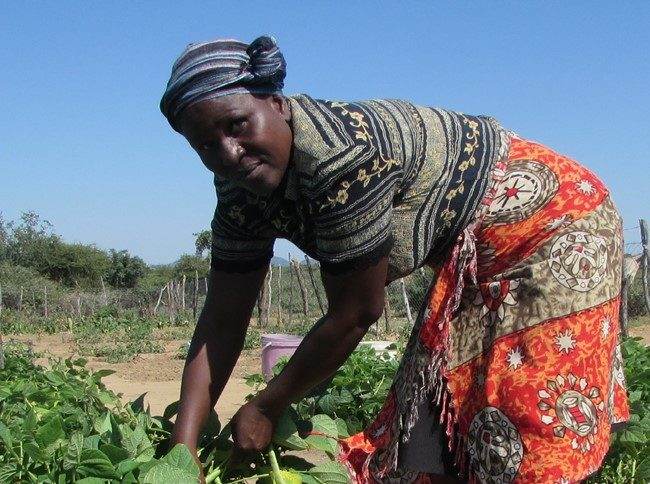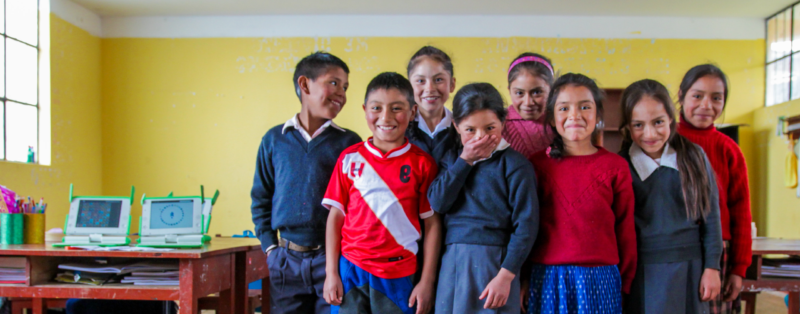RE4R aims to improve the health, wellbeing and security in camps and host communities through access to sustainable, clean cooking stoves and energy systems which can power lighting, radios, mobile phones and water heating. This combination reduces carbon emissions and creates a safer environment for everyone in the refugee camps.
Project overview
Title: Renewable Energy for Refugees
Dates: April 2017 – February 2022
Location: Nyabiheke, Gihembe and Kigeme, Rwanda and Irbid, Jordan
Our role:
We worked with the private sector to design and implement innovative market-based solutions by cooperating with host governments and national NGOs, improving the evidence base through original research, and demonstrating new approaches tried and tested in camps and host communities.
We use a total energy access approach which aims to address energy access for households, enterprises, and communities in displaced settings. We use a markets systems development to stimulate change within local energy systems in order to improve clean energy access for refugees and deliver systemic change to reduce dependency on continuous aid.
This includes: strengthening and supporting markets, promoting economic activity for refugees and host communities, facilitating private sector companies to adapt business models for refugee markets and global advocacy, learning and evidence sharing.
Participants: Supported by the IKEA Foundation in partnership with the UNHCR, the UN Refugee Agency, Chatham House and Energy for Impact and Norwegian Refugee Council.

Project Budget: €8.6 million
Aim: Energy that transforms
Donor: IKEA Foundation
“I used to do my MoMo [mobile money] business outside and at night I used a torch to serve my customers [but] it was risky.
[Since the installation of the streetlights] The time for my business has increased and the customers come safely. I am the one who determines when I go home to relax while in the past darkness was my guide.”
Nestor – Mobile Money vendor, Nyabiheke refugee camp, Rwanda. at The IKEA Foundation
Context
Refugee communities in Jordan and Rwanda need energy to power their homes, schools and health clinics. Families need it for earning an income, for cooking and studying. Without a reliable energy source, it’s difficult to meet basic human needs like cooking, access facilities or to look ahead to the future.
Yet, in most refugee camps, electricity is scarce and expensive. As a result, the average displaced household will spend at least $200 per year on fuel, which amounts to a staggering $2.1 billion each year worldwide. Lack of access to energy stops refugees from rebuilding their lives and keeps them reliant on aid. That’s where our sustainable energy projects come in. Isolated from the national grid and lacking reliable access to sustainable power, the search for alternative energy is a struggle refugees are often confronted with. The health and safety toll are alarmingly high: pollution from indoor cooking fires cause health issues, particularly for women and children exposed to the smoke for many hours each day. In addition, collecting firewood exposes women to unacceptable risks of gender-based violence and adds to their already heavy domestic burden.
Our approach
Working in partnership with UNHCR, the Renewable Energy for Refugees project is supporting refugees and their host communities’ access to finance, training, technology and expertise.
This access facilitates renewable energy powering homes, schools, and businesses, enabling refugees to flourish and move from reliance on aid to economic independence.
In Jordan, we’re working with 10,000 refugees and their host communities living in Irbid. 80% of Syrian refugees living in Jordan live below the poverty line and struggle to pay monthly bills, with rent and utilities being their highest costs. Increasing energy access through solar-powered water heating and electricity systems to homes and schools has saved refugees vital money and ensure they can live better lives.
In Rwanda, we’re working with 50,000 refugees in the Kigeme, Nyabiheke, and Gihembe refugee camps. Refugee communities are mainly Congolese and have fled the civil war and internal conflict. Before the project, there was very little energy infrastructure in and around the camps, making it extremely difficult to cook meals, study at night, grow businesses and even move around the camp after dark.
Renewable Energy for Refugees project is supporting refugees and their host communities’ access to finance, training, technology and expertise to facilitate renewable energy powering homes, schools, and businesses.
Our goals
RE4R aims to improve the health, wellbeing and security in camps and host communities through access to sustainable, clean cooking stoves and energy systems which can power lighting, radios, mobile phones and water heating. This combination contributes to reduced carbon emissions and creates a safer environment for everyone in the refugee camps.
- Promoting economic activity for refugees and host communities.
By powering lighting, cooking, radios, mobile phones, tools, and appliances, RE4R enables refugees to generate income and move from reliance on aid to economic independence. We support refugees and the local communities that host them with finance and training to help them make the most of the energy they have access to, and to use it to support their families and communities. - Providing ‘Total Energy Access’.
RE4R ensures that households, enterprises, and community service providers have the full range of energy supplies and services they need to support human, social, and economic development. This includes access to technology and expertise to bring renewable energy to homes, schools, health clinics, and businesses. - Fostering change at the systems level.
RE4R demonstrates how renewable energy transforms the lives of refugees and we will take the experiences and solutions to those who can use them in other humanitarian settings across the world.
Ultimately, RE4R enables refugees to move from a reliance on aid to economic independence.
-
Achievements in 2022
Refugees have experienced the following benefits to their quality of life:
99%
Report that they feel safer in their home after dark
97%
Report that they are able to do recreational/leisure activities after dark
87%
Report that they are able to study after dark
48%
Report that they are able to do business or productive activities after dark
Source: Outcome Monitoring Survey 7 (October 2021), across the three refugee camps.
- 4,279 solar home systems have been installed in households in Rwanda.
- 602 refugee households in Jordan have received solar water heaters.
- 158 refugee households in Jordan have received energy efficiency upgrades.
- 84 entrepreneurs have reported a 50% increase in their incomes since participating in the mentorship programme in Rwanda.
- 115 youth were trained in renewable energy vocational technical and employability skills in Jordan. 107 have become certified technicians.
- 185 streetlights have been installed in refugee camps in Rwanda.
- 14 schools in Jordan have had solar photovoltaic (PV) systems installed, reaching 13,389 students.
This is a powerful example of how a single technology can transform communities and better the everyday lives of thousands of refugees.
For the full list of achievements, please see our Factsheet.
RE4R’s briefs, reports and blogs
Sustainable Development Goals
RE4R contributes to progress against four of the 17 SDGs.
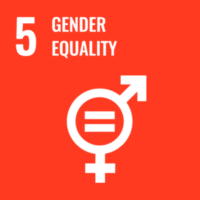
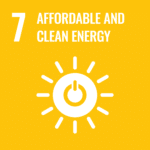
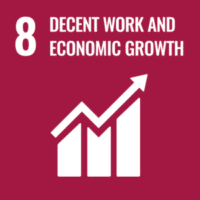
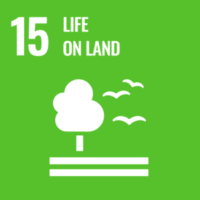
Work like this depends on your support
Help us work with communities to tackle some of the world’s toughest problems
Project funded by:
